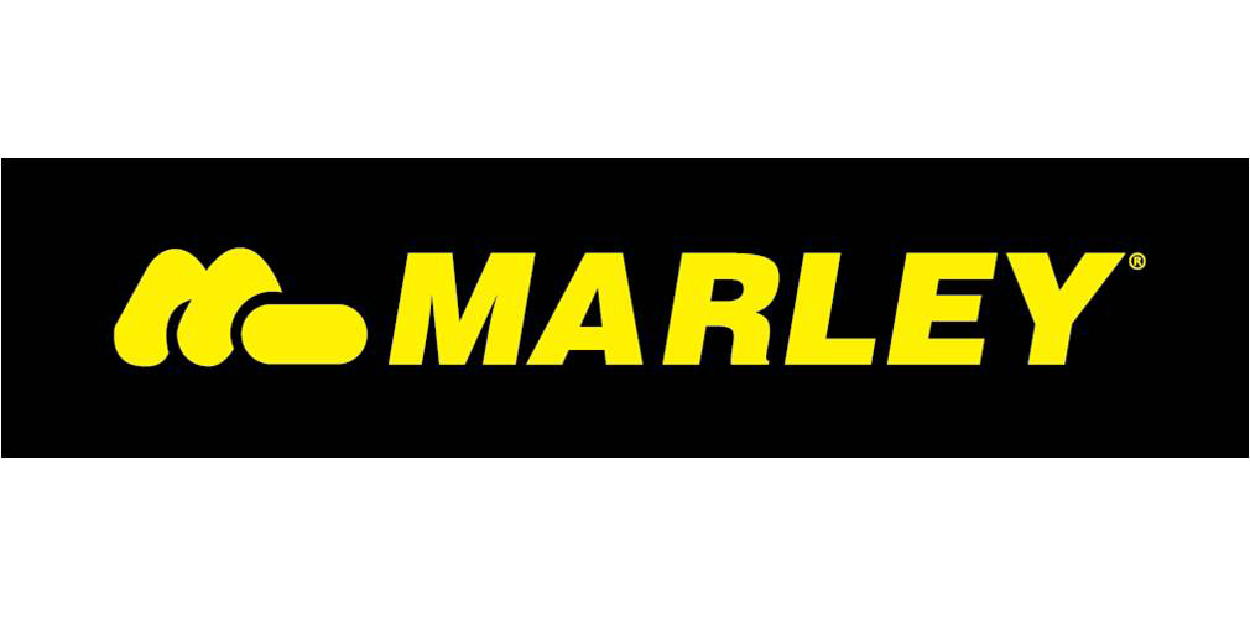
Call Today 09 973 4973 or
Natural gas, while being a reliable and commonly used fuel, can pose a significant hazard if leaks occur. These leaks can lead to fires, explosions, and health risks, emphasising the importance of efficient leak detection methods. In this article, we will delve into the world of natural gas leak detection, understanding its importance, the technologies used, and how to respond if a leak is suspected.
Understanding Natural Gas and Its Uses
Natural gas, primarily composed of methane, is a widely used fuel source due to its efficiency and lower emissions compared to other fossil fuels. It serves various applications, from cooking and heating homes to powering industrial processes and vehicles. However, the widespread use of natural gas necessitates effective leak detection to mitigate potential risks associated with leaks.
The Importance of Natural Gas Leak Detection
Leaks in natural gas systems can have severe consequences, including fires, explosions, and health issues. Inhalation of natural gas can lead to oxygen deficiency in the body, causing dizziness, fatigue, nausea, and in severe cases, unconsciousness or death. The explosive nature of natural gas further compounds these risks. Hence, early detection of natural gas leaks is crucial for preventing accidents and ensuring the safety of occupants in a building or vicinity.
Techniques and Technologies in Natural Gas Leak Detection
Several advanced techniques and technologies facilitate effective natural gas leak detection. For instance, acoustic detection devices pick up the ultrasonic noise produced when gas escapes under pressure. Optical gas imaging cameras can visualize gas leaks that are otherwise invisible to the naked eye. Semiconductor sensors, often used in handheld detectors, react to the presence of natural gas, changing their electrical resistance and signalling a leak. Advanced technologies like laser absorption spectroscopy and infrared point sensors offer highly sensitive detection, capable of identifying even the smallest leaks.
Responding to Suspected Natural Gas Leaks
If a natural gas leak is suspected, safety should be the immediate priority. Evacuating the area, avoiding ignition sources, and contacting the appropriate emergency services or gas company should be the initial steps. It’s essential not to try to locate or repair the leak personally due to the associated risks.
Role of Professional Services
Professional leak detection services play a crucial role in ensuring safe and efficient natural gas systems. These experts use state-of-the-art technologies to detect and locate leaks, ensuring prompt and safe repairs. Regular inspections by professionals also help in identifying potential problem areas, mitigating the risk of leaks.
In conclusion, natural gas leak detection is a vital aspect of maintaining safe and efficient fuel systems. Through the use of advanced technologies and professional services, leaks can be detected and addressed promptly, protecting people and properties from the potential hazards of natural gas leaks.
Suppliers




